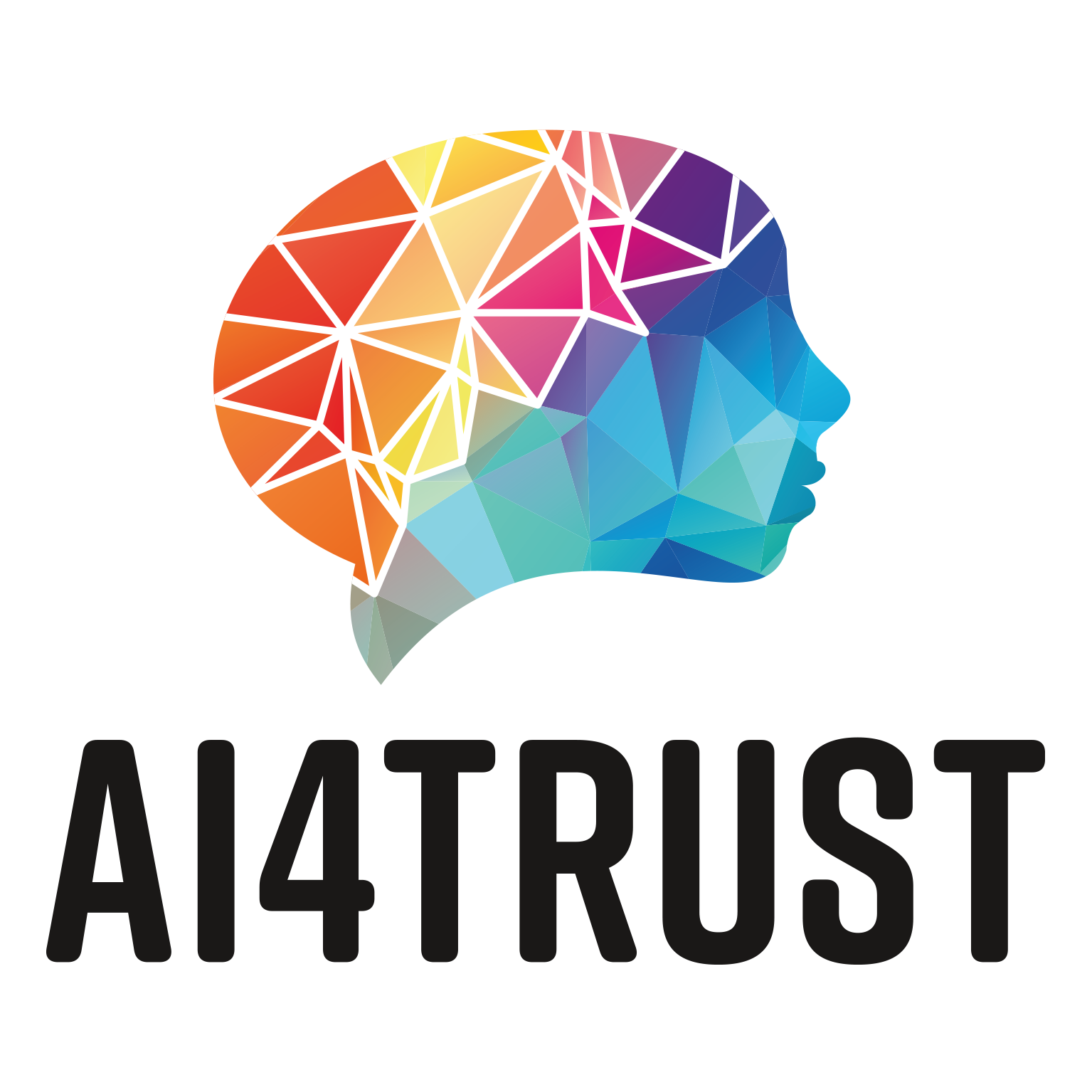[…]
The Council of Europe, an international human rights body with 46 member countries, set up the Committee on Artificial Intelligence at the beginning of 2022 to develop the Framework Convention on Artificial Intelligence, Human Rights, Democracy and the Rule of Law.
[…]
The most consequential pending issue regards the scope of the convention. In June, Euractiv revealed how the United States, which is participating as an observer country, was pushing for exempting companies by default, leaving it up to the signatory countries to decide whether to ‘opt-in’ the private sector.
[…]
“The Union should not agree with the alternative proposal(s) that limit the scope of the convention to activities within the lifecycle of artificial intelligence systems by or on behalf of a Party or allow application to the private sector only via an additional protocol or voluntary declarations by the Parties (opt-in),” reads an information note from the Commission, obtained by Euractiv.
The document notes that these proposals would limit the treaty’s scope by default, “thus diminishing its value and sending a wrong political message that human rights in the private field do not merit the same protection.”
The EU executive notes how this approach would contradict international law that requires the respect of human rights by private entities
[…]
During the AI Act discussion, one hot debate was around a national security exemption France has been pushing for in the context of the AI convention.
In this regard, the Commission is pushing for an explicit exclusion of AI systems exclusively developed for national security, military and defence purposes in a manner that is consistent with the EU’s AI law.
[…]
Brussels does not seem to have any appetite for the AI treaty to go beyond the AI Act, even on matters where there is not necessarily a conflict, and the convention could have been more ambitious.
A complete overlap of the international treaty with the EU regulation is not a given since the former is meant to protect human rights, while the latter is merely intended to harmonise the EU market rules following a traditional product safety blueprint.
[…]
Similarly, since the AI Act bans specific applications like social scoring deemed to pose an unacceptable risk, the Commission is pushing for extending these prohibitions at the international level via a moratorium or a ban as this would “increase the added value of the convention”.
The only significant exception where the EU executive seems keen to go beyond the AI Act (but still in line with Union law) is in supporting a provision that protects whistle-blowers in the implementation of the convention – one that the UK, Canada and Estonia have opposed.
Source: EU prepares to push back on private sector carve-out from international AI treaty – Euractiv

Robin Edgar
Organisational Structures | Technology and Science | Military, IT and Lifestyle consultancy | Social, Broadcast & Cross Media | Flying aircraft

